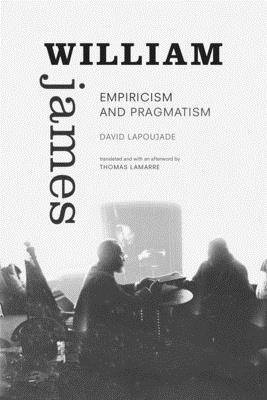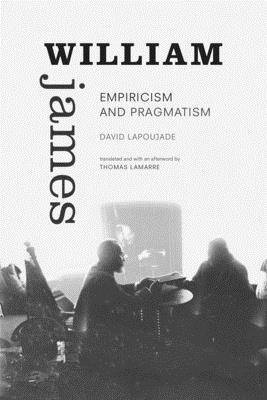
- Afhalen na 1 uur in een winkel met voorraad
- Gratis thuislevering in België vanaf € 30
- Ruim aanbod met 7 miljoen producten
- Afhalen na 1 uur in een winkel met voorraad
- Gratis thuislevering in België vanaf € 30
- Ruim aanbod met 7 miljoen producten
Zoeken
€ 40,45
+ 80 punten
Omschrijving
Originally published in French in 1997 and appearing here in English for the first time, David Lapoujade's William James: Empiricism and Pragmatism is both an accessible and rigorous introduction to James's thought and a pioneering rereading of it. Examining pragmatism's fundamental questions through a Deleuzian framework, Lapoujade outlines how James's pragmatism and radical empiricism encompass the study of experience and the making of reality, and he reopens the speculative side of pragmatist thought and the role of experience in it. The book includes an extensive afterword by translator Thomas Lamarre, who illustrates how James's interventions are becoming increasingly central to the contemporary debates about materialist ontology, affect, and epistemology that strive to bridge the gaps among science studies, media studies, and religious studies.
Specificaties
Betrokkenen
- Auteur(s):
- Vertaler(s):
- Uitgeverij:
Inhoud
- Aantal bladzijden:
- 168
- Taal:
- Engels
- Reeks:
Eigenschappen
- Productcode (EAN):
- 9781478006763
- Verschijningsdatum:
- 13/12/2019
- Uitvoering:
- Paperback
- Formaat:
- Trade paperback (VS)
- Afmetingen:
- 152 mm x 231 mm
- Gewicht:
- 217 g

Alleen bij Standaard Boekhandel
+ 80 punten op je klantenkaart van Standaard Boekhandel
Beoordelingen
We publiceren alleen reviews die voldoen aan de voorwaarden voor reviews. Bekijk onze voorwaarden voor reviews.











